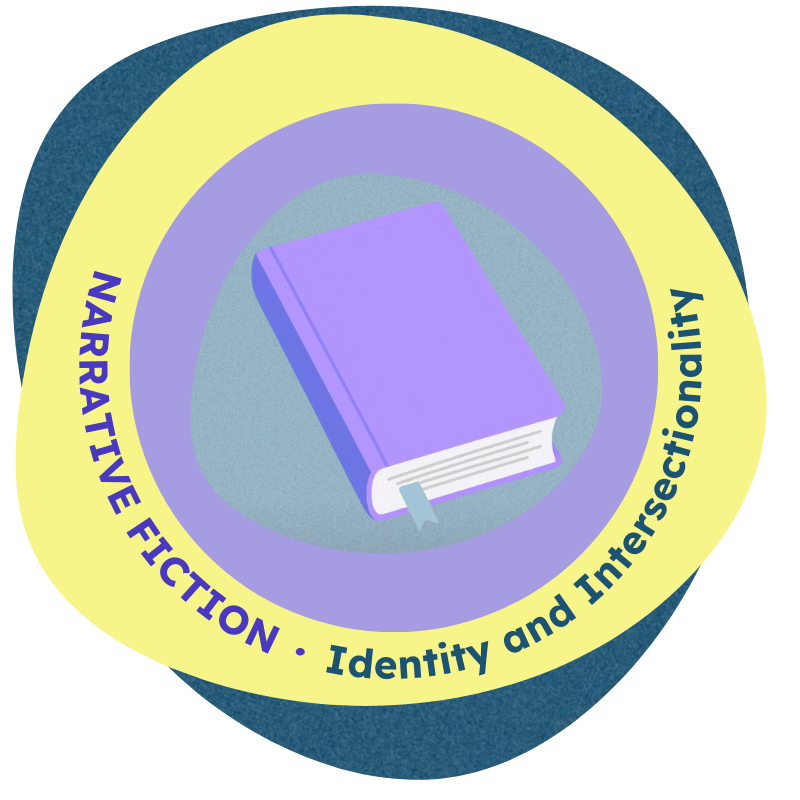
Through different fictional narrative texts, learners will explore how our racial identity combines with our many different other identities to shape how we experience the world. They will think about how some identities might mean people face more barriers in life and how some identities are perceived as more or less valuable than others in society.The texts also explore racial micro-aggressions, including pronouncing people’s names correctly and ways in which our name is an inherent part of our identity.
Narrative Fiction
Identity and Intersectionality
-
Important documents:
Professional reading:
Identity and Intersectionality professional reading and reflection
Online article: Your Name is so Hard to Pronounce
-
Learners will look at the picture book The Boy Who Tried to Shrink His Name to explore the importance of names as inherent to our identity. Through this story about mispronouncing and shortening a name to make it ‘easier’ to say, learners will think about how this is an example of a racial microaggression and strategies we can use to stop this happening.
Download 1st level PPT (designed to complement the PDF)
-
Learners will read The Name Jar to explore the importance of names as inherent to our identity. Through the story about mispronouncing and suggesting anglicised versions of names to make them ‘easier’ to say, learners will think about how this is an example of a racial microaggression, the individual and cumulative impact of which can be significant on the health and wellbeing and participation of the individual.
Download 2nd level PPT (designed to complement the PDF)
-
Learners will read Black Flamingo and consider the many different identities we hold, including race, gender and sexuality, and how these intersect. They will explore how these identities are valued differently within our society and experienced differently depending on how they intersect.
Download 3rd level PPT (designed to complement the PDF)
-
Learners will read Duck Feet and explore the identities of different young people as they move from first to sixth year of high school, dealing with issues of racism, ableism, poverty, bullying, love and sexuality. Learners will explore how different aspects of identities change and intersect.
Download 4th level PPT (designed to complement the PDF)
Anti-Racist Curriculum Principles
Our children and young people will: be critical thinking global citizens that challenge discrimination and prejudice through an understanding and awareness of the behaviours, practices and processes that create injustice in the world.
Article 7: The Right to a Name, Nationality, and Legal Recognition
Article 8: The Right to Preservation of Identity, Family, and National Ties
Article 29: Development of Respect for Culture and Individuality
